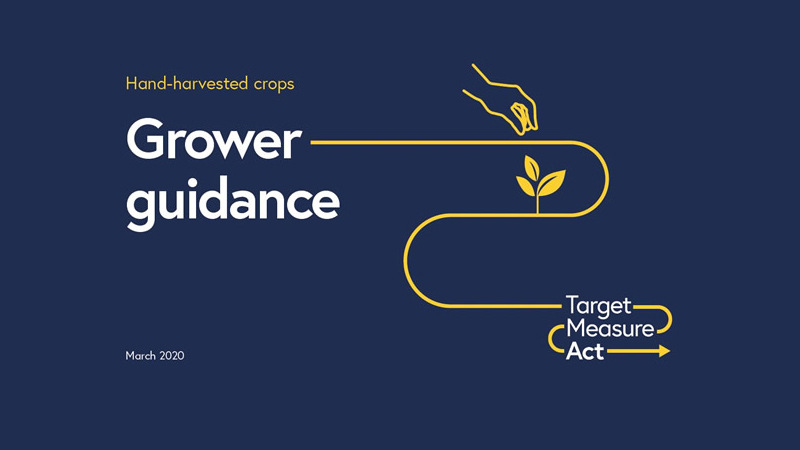Developed in collaboration with leading trade bodies and industry organizations, the Food Waste Reduction Roadmap Grower Guidance features two “how-to” guides — one for hand-harvested crops and the other for machine-harvested crops — and dedicated tools for in-field measurement.
“Reducing food surplus and waste is a huge opportunity for the sector,” notes Peter Maddox, Director of WRAP. “We estimate that around 3.6 million metric tons of food either goes to waste on farm each year, or is surplus. That’s a potential £1.2 billion ($1.4 billion) loss to the sector — equivalent to 7 percent of the total food harvest. Measuring food surplus and waste is the first step to tackling the problem, and our guides will show where action is needed on farm — whatever the scale of production or crop type, and whether hand or machine-harvested. They are intuitive to use and set out the actions necessary to measure consistently to make comparisons over time, and between growers.”
Earlier crop-specific assessments by WRAP highlighted the potential that wide-scale measuring provides to help tackle food waste. For example, the organization found that around 19% of all lettuces were not harvested in 2015, with 38,000 metric tons lost across the sector — worth £7million ($8.4 million). This varied significantly between growers, with a range from 7% to 47% of production ending up as waste.
The resources were developed following calls from agricultural businesses for practical guidance tailored to the needs of growers, and are free to download and use from the WRAP website. WRAP has also developed and manages a dedicated online Food Surplus Network resource for farmers to provide summary information and contact details for marketplaces and outlets for surplus food trading.










